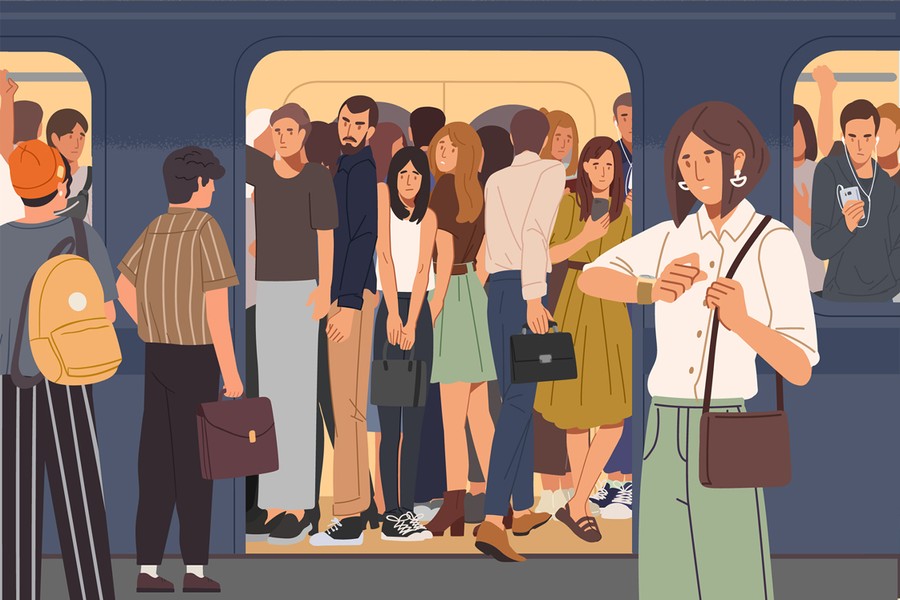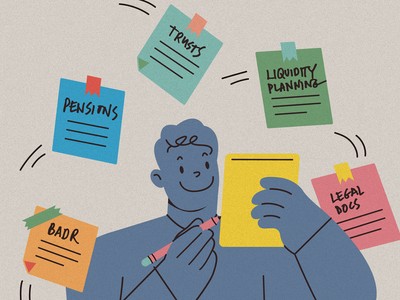An alien lands in London. After the oppressive summer heat becomes too much, he, like much of the rest of the City, decides to decant to the west country. He would be forgiven for thinking that the exorbitant cost of his train ticket would entitle him to a premium service. He would, I imagine, be fairly disappointed to find himself without a seat as the train is missing half its usual carriages. He would also be perturbed by his 45-minute delay due to ‘signalling errors’, the lack of fast enough Wi-Fi to contact his home planet, or the inability to satiate himself after his travels with a Kit Kat and a cup of tea.
It should be so simple. An uncomplicated technology, the core principles of which have barely changed since the early 19th century. Trains run from one place to another with no traffic to contend with and a completely definable timetable. Is a reliable, affordable and safe railway network too much to ask for in a G7 economy?
This question touches on a wider point which resonates with many. Whether it’s water, potholes or the railways, there is a common acceptance amongst the public that services such as these are destined to be subpar.
For water and the railways, the industry structure we have today is the result of privatisation in the 1990s. As any student of economics will remember, the issue with monopolies is they can raise prices and offer a rubbish service with no viable substitutes: consumers are required to keep coughing up the money. Water has no substitute. On the face of it the railroads have substitutes, yet the speed at which a train can travel unimpeded renders driving as an alternative often unrealistic. Also, in a world increasingly concerned with carbon emissions, the train should be the preferred option anyway.
UK train fares have increased by 45% when adjusted for inflation over the last 30 years.
It only makes sense for one company to operate a particular railway line and so when privatising, Train Operating Companies would propose a business plan to the government as a bid to run a specific part of the UK railway line. This, in theory, introduced competition via the tendering process, however often this incentivised unrealistic tenders to win a bid, which later proved difficult to make profitable. This franchising of the railway system has since been scrapped and as these tenders run to an end, Labour has plans to renationalise the railways.
South Western Railways was the first to go and in May this year came under public ownership. As a regular train passenger in the South West of England, the prospect of a renewed focus on UK rail is a pleasing one.
UK train fares have increased by 45% when adjusting for inflation over the last 30 years. Quite simply, a train ticket on average requires nearly 1.5x the spending power it did back in 1985, before the railways were privatised. Whether there are good reasons for this or not, many passengers don’t feel they have seen a commensurate increase in the quality of the service. The public’s confidence in UK utilities and infrastructure is declining, with a feeling that parts of Britain aren’t working. Large scale, well publicised failures such as the decline and subsequent nationalisation of Thames Water don’t help. Passengers’ gripes with UK trains also seem justified based on the data collected by the Office of Rail and Road (ORR), which shows that cancellations have risen steadily since the end of the pandemic, whilst punctuality has declined. This isn’t lost on passengers and the solution that the public favour is often nationalisation. A 2024 YouGov poll shows the number of respondents who think railways should be ‘run in the public sector’ increased from 60% in 2017 to 76% by 2024. The only other currently private industry for which there is more support for nationalisation is, unsurprisingly, water, where 82% favour public ownership.
The public are certainly pro-nationalisation, but will it make the railways better? Advocates of the privatised system will point to British Rail’s torrid reputation as an example of public ownership’s problems. British Rail was not a UK success story but some estimates show that the punctuality of trains in 1994 was actually better than it is today. This reflects the issues faced by today’s railway system rather than casting any glory on British Rail. Yet, British Rail existed through a period of managed railway decline. One of the key reasons for privatising the railways in the first place was to remove the maintenance and replacement capex costs from the taxpayer and manage the decline of railways as the car was in the ascendancy.
Things have changed, and with climate change now better understood, the decarbonisation benefits of trains are increasingly attractive. With an industry no longer thought to be in terminal decline, and passenger numbers set to rise in the future, this should be a supportive backdrop to improve the service.
The 76% of the public in favour of nationalisation falls to just 6% if fares continue to rise.
The government rightly wants to improve the service but reasonably, would rather do this without shelling out billions from the treasury coffers. A mixture of analyses from incumbent Tory and Labour governments estimate that nationalising the trains might save the taxpayer £2.2bn a year. As analysts of companies, we are often presented with fairly nebulous and un-auditable cost saving targets by new, reforming CEOs, and so we naturally take these figures with scepticism.
Yet even taking these as read, the government has not promised these savings will be used to reduce fares. This might somewhat thwart the public’s appetite for nationalisation. Another YouGov poll shows that the most hoped for improvement following nationalisation is lower fares, with 46% hoping for lower fares versus only 21% who expect them to get worse. That original 76% in favour of nationalisation falls to just 6% if fares continue to rise.
So, what can be done?
Nationalisation is already underway. Incremental changes have failed to save the railways so far and just adding sticking plasters feels like throwing good money after bad. The minutiae of the reforms necessary have been better documented elsewhere, but the view of Dieter Helm of Oxford University provides a good starting point. He argues that “the economic costs of the current railways are to be measured not just in terms of annual losses and subsidies, but in lower productivity and lower competitiveness”. With control of the railways being centralised under the public umbrella, the government can view rail from a national perspective. Narrowly focusing on cost savings, without considering rail’s position in our economy as a whole, seems to me a mistake. Equally, funding hugely complex infrastructure projects before fixing what we’ve got also seems unwise.
Rail could and should be a key tenet of the UK’s plans to decarbonise the economy. With rail viewed as a contributor to a greener and more productive economy, investment into making the network more resilient would likely be much easier to justify. A failing railway system is expensive to run, but also costs the UK significantly in lost productivity. Tinkering around the edges with incremental changes won’t solve the problem, but the first step needs to be a change in mindset. I for one look forward to the day when I arrive on time, phone charged and satiated by a Kit Kat and a cup of tea.




